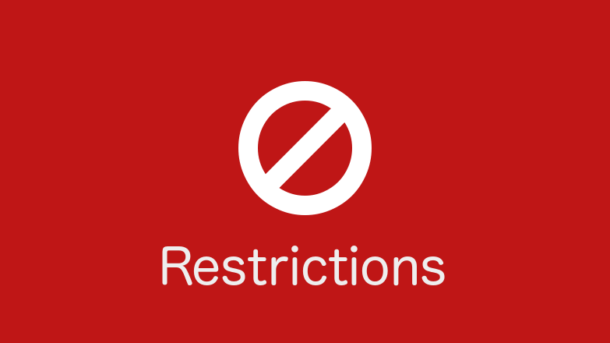Regulation 26 of the Nairobi International Financial Centre (NIFC) Regulations, 2021, empowers the Authority to impose prohibitions and restrictions on certified firms.
This article explores the scenarios outlined in the regulation, elucidating the circumstances under which the Authority may issue written notices to restrict certain activities.
Prohibitions and Restrictions
Transaction Limitations
The Authority, through written notices, may prohibit certified firms from entering into specified transactions or types of transactions. This empowers the Authority to regulate and oversee specific financial activities.
Targeted Business Solicitation
Certified firms may be restricted from soliciting business from certain specified persons or types of persons. This provision ensures targeted business practices in alignment with regulatory objectives.
Business Conduct Parameters
The Authority can prescribe how a certified firm carries on its business, either in a specified manner or by defining limitations on business conduct. This enables the Authority to enforce ethical and compliant business practices.
Name Usage Restrictions
Certified firms may be prohibited from using a particular name or description, ensuring transparency and preventing misleading representations in the market.
Handling Relevant Property
The Authority holds the power to impose restrictions on how certified firms deal with relevant property, specifying permissible and impermissible manners of handling.
Guidance on Property Transactions
Certified firms may be restricted from assisting, advising, or procuring another person to deal with relevant property in specific ways. This prevents potential misuse of financial assets and ensures compliance with established guidelines.
Implications for Certified Firms
- Regulatory Compliance:
- Certified firms must carefully adhere to the prohibitions and restrictions outlined by the Authority, ensuring comprehensive compliance with regulatory directives.
- Ethical Business Practices:
- Restrictions on solicitation, business conduct, and property transactions underscore the importance of upholding ethical standards within the NIFC.
- Transparency and Accountability:
- Prohibitions on name usage and transaction types promote transparency, accountability, and a trustworthy financial environment.
Conclusion:
Regulation 26 serves as a mechanism for the Authority to intervene and regulate the activities of certified firms within the NIFC. By issuing written notices outlining prohibitions and restrictions, the Authority aims to maintain the integrity of financial operations and uphold the highest standards of compliance and ethical conduct in the Nairobi International Financial Centre. Certified firms are urged to be vigilant and cooperative in ensuring adherence to these regulatory directives.




